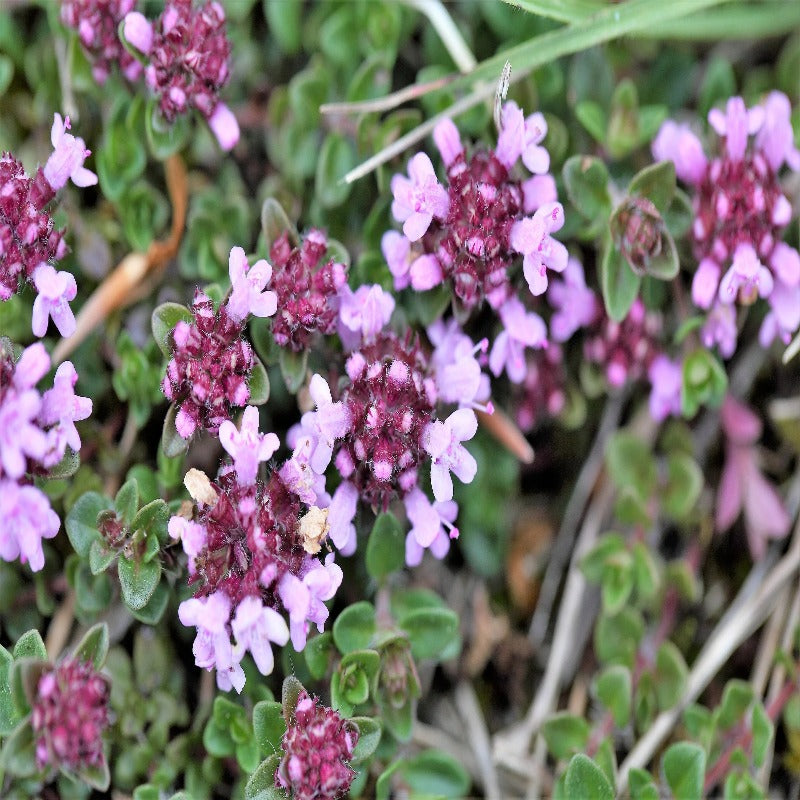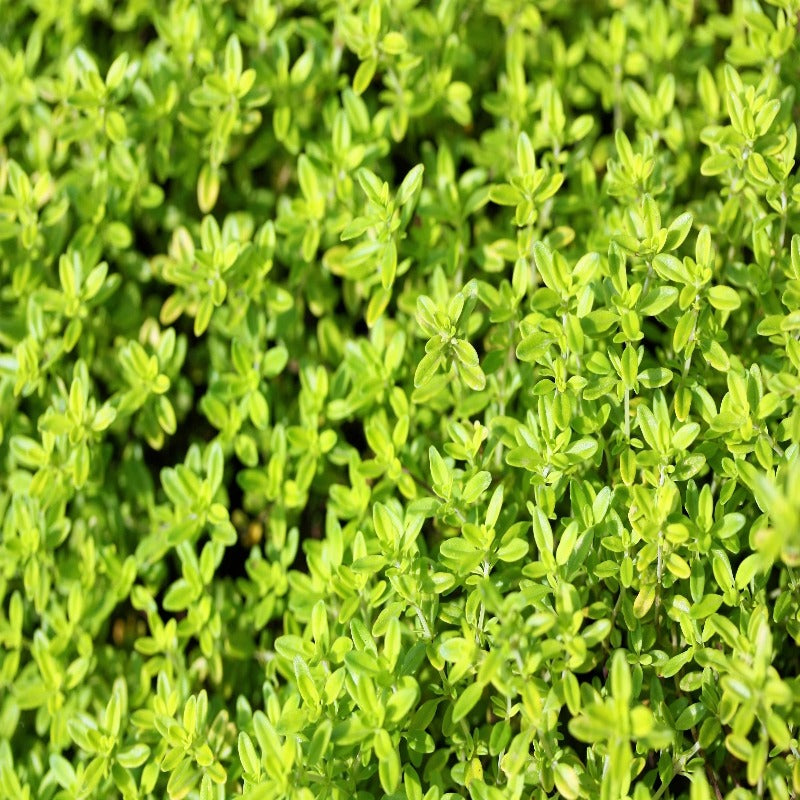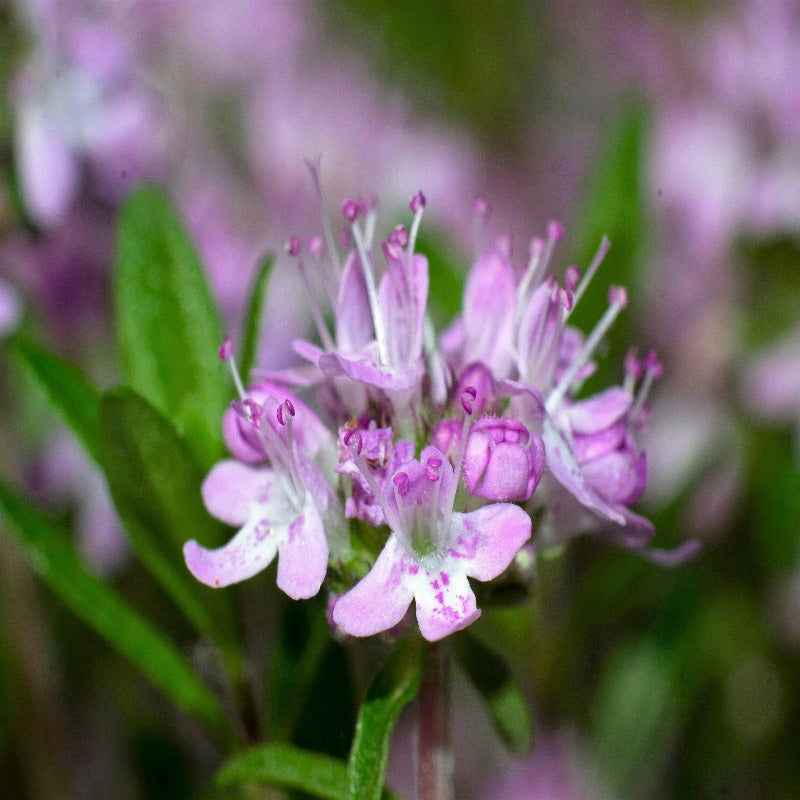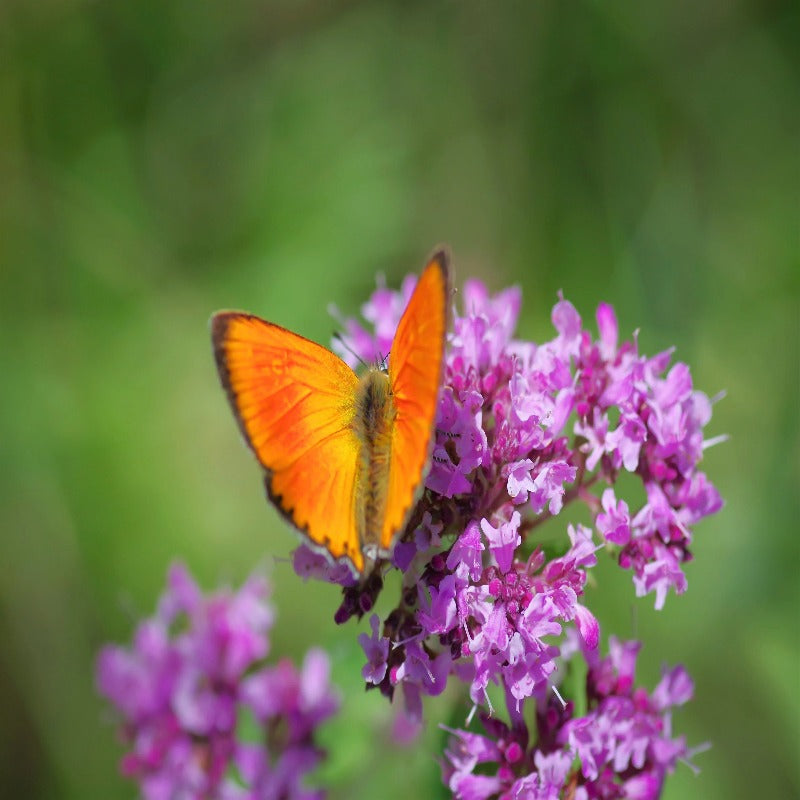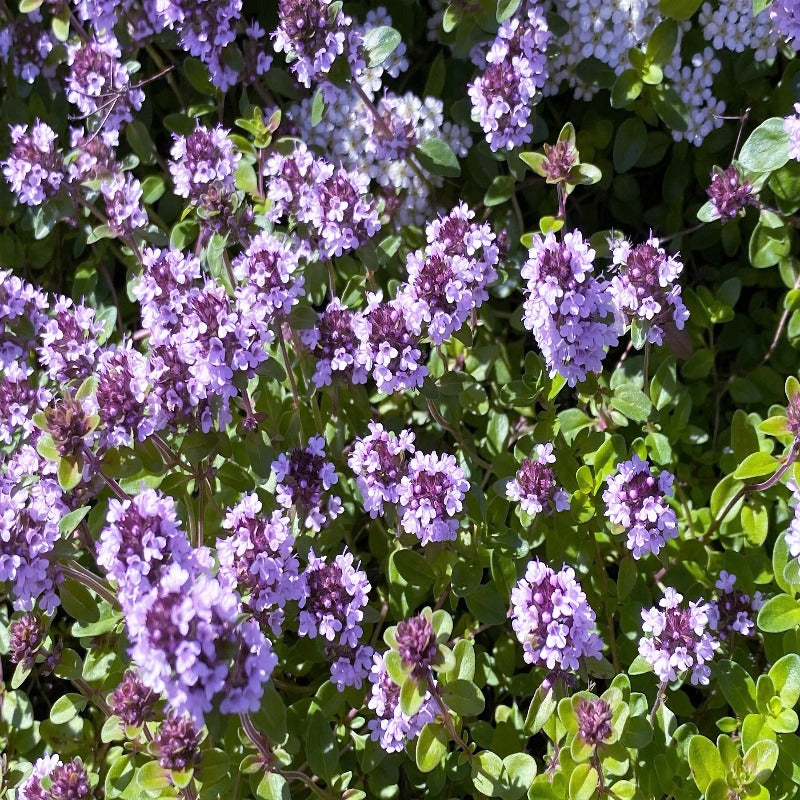- Historical context: Thymus pulegioides, commonly known as broad-leaved thyme or lemon thyme, has been used for centuries in culinary and medicinal applications. It is a member of the Lamiaceae family, which includes other aromatic herbs like mint and basil.
- Geographical origination: This herb is native to Europe, particularly the Mediterranean region, and has been naturalized in various parts of the world.
- Relevant cultural significance: Thyme has been a staple in Mediterranean cuisine and traditional medicine. It was used by ancient Greeks and Romans for its aromatic and preservative properties.
- Time period of discovery: The use of thyme dates back to ancient civilizations, with documented use in ancient Egypt for embalming and in ancient Greece for incense and medicinal purposes.
- Original habitat: Thymus pulegioides thrives in rocky, well-drained soils and is commonly found in grasslands, heaths, and open woodlands.
- Notable historical uses: Historically, thyme was used for its antiseptic properties, in embalming practices, and as a culinary herb to flavor meats and stews.
- Ideal temperature range: Thymus pulegioides prefers a temperature range of 60-75°F (15-24°C).
- Soil type: It thrives in well-drained, sandy or loamy soils with a pH range of 6.0 to 8.0.
- Sunlight requirements: Full sun is ideal for optimal growth, although it can tolerate partial shade.
- Watering needs: Moderate watering is required. The soil should be kept moist but not waterlogged. Drought-tolerant once established.
- Planting season: Best planted in the spring after the last frost or in early fall.
- Germination time: Seeds typically germinate within 14-28 days.
- Growth cycle duration: Thymus pulegioides is a perennial herb, meaning it will grow and produce for multiple years.
- Common pests and diseases: Common pests include aphids and spider mites. Diseases can include root rot if overwatered and fungal infections in overly humid conditions.
- Companion planting advice: Good companions include cabbage, tomatoes, and strawberries. Avoid planting near cucumbers as they can inhibit each other's growth.
- Common challenges and solutions: Challenges include overwatering, which can lead to root rot. Ensure proper drainage and avoid waterlogged soil. Pests like aphids can be managed with insecticidal soap or neem oil.
- Nutritional values: Thyme is rich in vitamins A and C, as well as iron, manganese, and dietary fiber.
- Health benefits: It has antiseptic, antifungal, and antibacterial properties. It is also known to boost the immune system, improve digestion, and reduce inflammation.
- Culinary uses: Widely used in Mediterranean cuisine, thyme adds flavor to soups, stews, meats, and vegetables. It is also used in marinades and as a seasoning for roasted dishes.
- Medicinal uses: Traditionally used to treat respiratory issues, digestive problems, and skin conditions. Thyme tea is often consumed to relieve coughs and sore throats.
- Other unique advantages: Thyme is also used in aromatherapy for its calming and stress-relieving properties. It can be used as a natural insect repellent.
